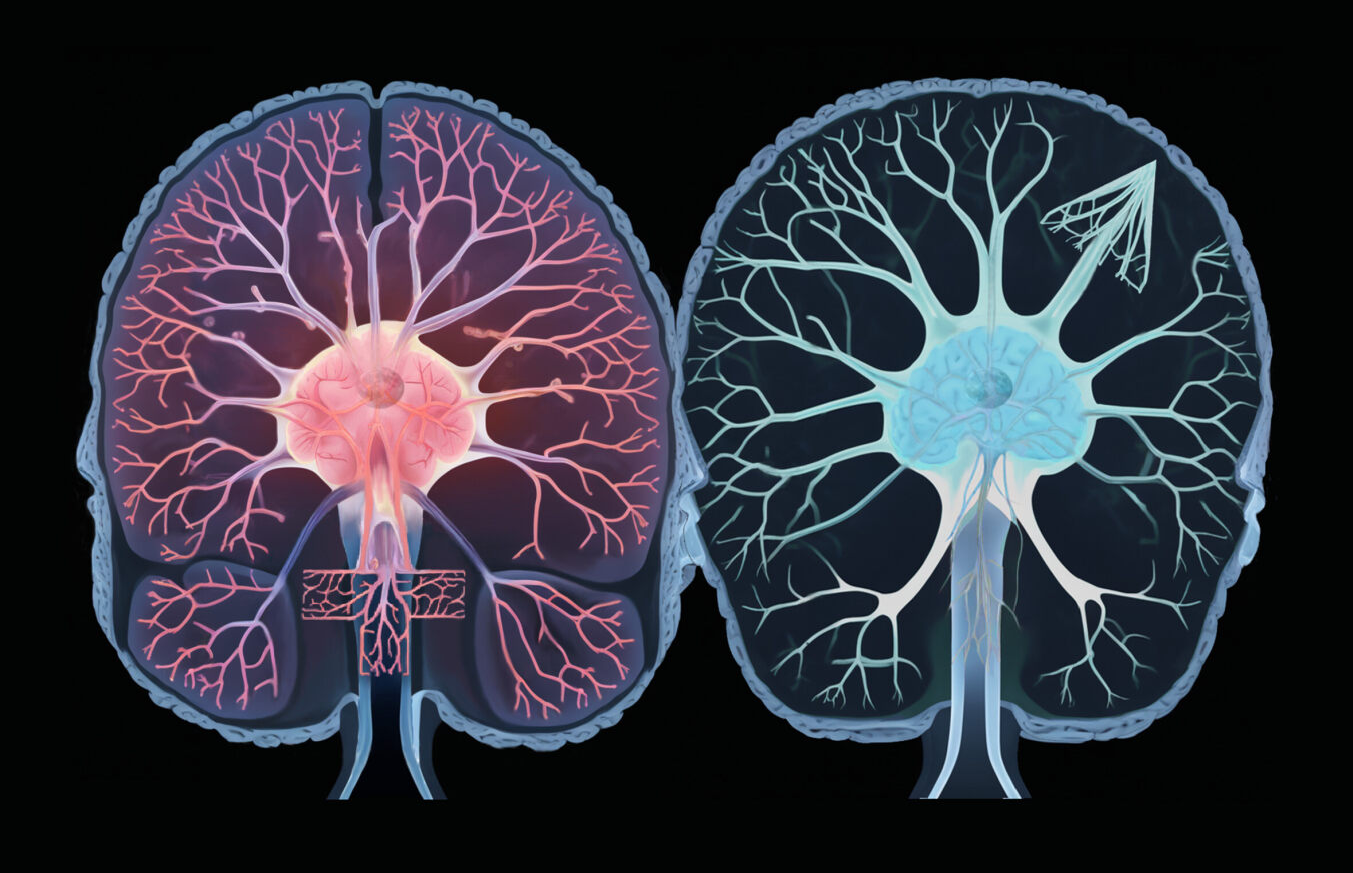Ana Teresa Tavares, researcher at the Tissue Repair and Inflammation group, headed by António Jacinto, at NOVA Medical School, received an exploratory research grant from the Autism Research Institute (ARI) in the amount of 20,000 USD, aimed to study the “Ontogeny of Microglia in the Pathogenesis of Autism Spectrum Disorders”.
Ana Teresa Tavares, Post-Doctoral researcher responsible for the project, studies the genetic factors that regulate the development of immune cells, such as microglia. In this exploratory project, together with Master’s student Eva Duarte, Ana Teresa Tavares proposes to investigate the role of genes associated with Autism Spectrum Disorders that are differentially expressed in female and male cells during the development of microglia.
Autism Spectrum Disorders are neurodevelopmental conditions that predominantly affect boys, being approximately four times more common in boys than in girls. Although these disorders may be underdiagnosed in girls, this does not fully explain the observed sex bias. Recent scientific studies suggest that the higher prevalence of autism in boys may be explained by sex differences in genes expressed in the immune cells of the brain, known as microglia. These cells perform essential functions in the developing brain, such as regulating the number of cells that become neurons and ensuring that they form the right connections. For this reason, microglial cells are called the gardeners of the brain, as they “prune” the excess of connections between neurons - the synapses - and clean up the cellular debris and damaged neurons. Thus, it is proposed that microglia dysfunction may affect brain development and function, leading to neurodevelopmental disorders such as Autism Spectrum Disorders.
With the project now internationally funded, the two researchers intend to specifically understand how sex differences in the development of microglia may contribute to the higher prevalence of autism in boys.
For Ana Teresa Tavares, it is a great honour to receive a research grant from the Autism Research Institute. The researcher points out that “these awards are generously sponsored by private donors and aim to fund innovative research on the underlying causes of autism and its treatments. Receiving this award recognizes the international relevance of our work and highlights the importance of fundamental research to understand the biological basis of Autism Spectrum Disorders.”

[Illustration by Ana Teresa Tavares]
This study is related to the Sustainable Development Goal 3 - Health and Well-Being. The outcome of this research will contribute to better understand the role of the brain´s immune cells in the pathogenesis of autism and to clarify the origins of sex differences in brain development and neuro-immunity. A better understanding of the risk factors that contribute to autism is essential for the development of more precise diagnoses and targeted therapies, ultimately improving the health and well-being of people with autism.
Information on ARI’s website: ARI-Funded Research Studies 2023 - Autism Research Institute
Video “ARI’s 2023 Research Grant Award Recipients say "Thank you!”: ARI’s 2023 Research Grant Award Recipients say ‘Thank you!’ (youtube.com)